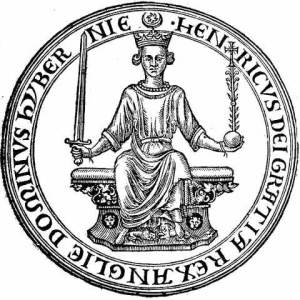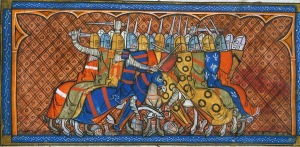Oh dear. Here we go again. Northants is once again doing its best to become philistine of the year. Yup the county that wanted to dig its battlefield up, brought you the Sekhemka debacle, and allowed one of the last surviving Queen Eleanor’s Crosses to crumble, is now attempting to price a visit to the local archives out of the market. This in effect stops anyone carrying out research into the town and counties amazing past (the archive is for both town and county, but run by the county). This is the county of spires, squires, kings and queens where national and international history was made. It was home to radicals from lollards to puritans, home and burial place of ‘founder of the Brownists and originator of the gunpowder plot. Amongst many others, it is the burial place of Napoleon’ s granddaughter and the inventor of the sandwich. And democracy was fought for in its fields many times! And that is just scratching the surface. Who knows what is there still waiting to be discovered. Are they really intent on making the town’s and counties history mere history?
To be fair, this time it is not the borough but the county council. However, the archive is in the middle of the town so both will no doubt, be tarred with same brush.
Over recent months there has been an awakening of the powers that be with the importance of the town’s and counties history and there have been serious attempts to raise the awareness of it locally and nationally, but in one foul swoop it has come crashing down to joke status again. The county sat on those meetings and went to events publically pronouncing the plans, so knew full well what was being admirably attempted, so why have they brought it all crashing down without consultation? No neither do I?
Perhaps it is a misguided attempt to cash in on the awakening?
For those of you who have not undertaken archival research before let me explain a typical process. You arrive at the archive and request the documents. Hopefully you have identified the correct file in which the information you are looking for is held. Sometimes there can be a number of different files in which the information may be found and you then you are typically restricted to three files at a time. You then have to wait for them to be found. Providing they have been put away from the last time they were viewed and not languishing on a trolley somewhere (that is assuming it has been catalogued and indexed correctly in the first place), and depending how busy the archive is, and how many staff are there, you should have the file within the hour, hopefully quicker, although it can be longer). These files are often little more than a collection of papers maps or rolls usually without indexes. It really is a case of trying find a needle in a pile of needles. This is a long and slow process. It can be much longer if it is not in modern English or before spelling was standardised or the writing is illegible. And even longer if in medieval Latin, French or Italian etc. So this might take several hours to complete.
You might not find what you are looking for, so you have to start the whole process again. And even then you might not find anything and have to go through the process several more times. I have spent a whole week at Kew researching one thing. On another occasion I spent two days going through the Astor Archive looking for evidence of an event but left empty handed. Kew of course is free but with the new system at Northampton, even a day is costing me serious money and a week? I will let you do the maths at £31.50 per hour. Yet there is still no guarantee that I will have found what I want. Speculative visits would of course be prohibitive under this new system.
The text then has to transcribed or copied (incurring additional costs).
You should now be able to see the problem! Contrary to popular belief writing history books pays little. You already have to pay a small fortune for images from recognised sources. So this puts any original research into the counties history out of financial reach especially if the intention is to write a paper, book or article. Instead people will be forced to rehash old accounts (some of dubious accuracy) and use less reliable sources. Or, and more likely, just ignore Northants contribution to history all together. This proposal will therefore be the death of historical originality and discovery. An immediate rethink is needed!
Here is a link to the petition, which at the time of writing had over 3,000 signatories.









